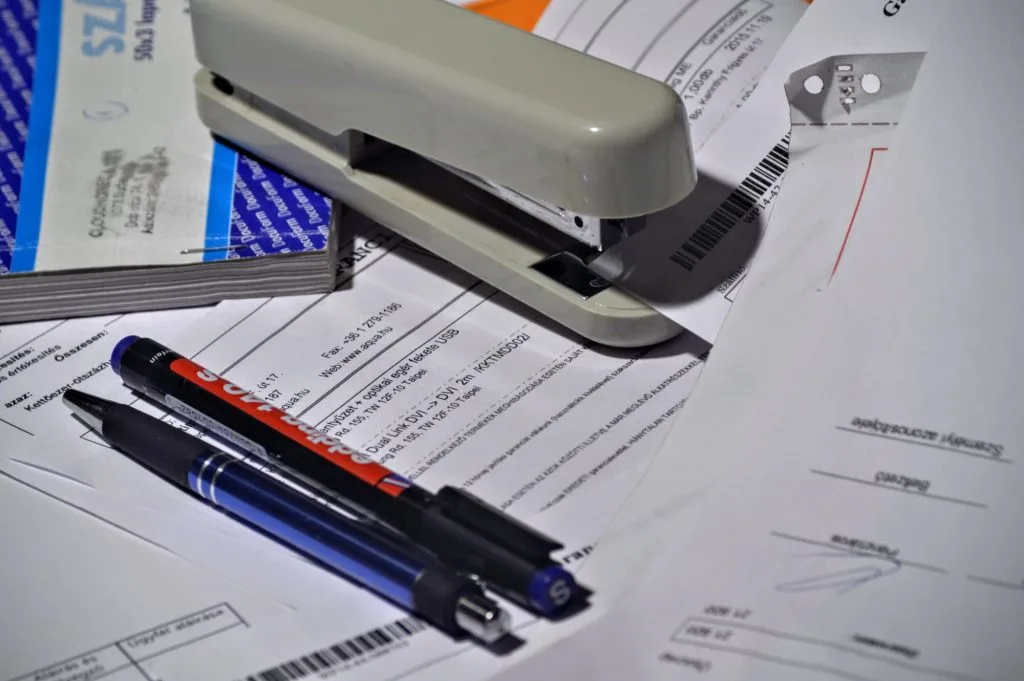Owning and operating a successful small business is one of the most rewarding experiences a person can have, but it definitely comes with its challenges.
From managing small business invoicing to regular inventory and stock checks and everything in between, there is a lot of juggling that comes with running your small business.
To make things simpler for you, we have put together a list of six vital tips when it comes to invoicing for businesses.
The Invoice
Invoicing is an essential part of any business that deals with money. When services or goods are traded, you need an established and uniform way to both request payments and track expenditures.
Because this is such a vital part of business, there are plenty of solutions out there to help make things easier. This brings us to the first of our invoicing tips:
1. Find Invoicing Software That Works For You
Invoicing software that allows you to perform electronic invoicing tasks can make life easier, but you need to find the right program that can offer simplicity and quality.
As e invoicing solutions become more popular, make sure you are using one that still provides you with flexibility and control where and when you need it.
2. Define Your Terms
Both at the outline of a project and approaching a project’s end, you need to clearly be defining your terms.
When do you expect payments to be made? Is a deposit required? Is the Payment due in installments?
All of this needs to be outlined from the start to ensure communication is clear on both sides and avoid hiccups down the road.
3. Avoid Overdue Payments
In some ways, this is not entirely in your control. The client is responsible for delivering payment, but you can add late fees and potential withholding of work if the agreed payments aren’t made.
This is vital because you want to spend time doing what you are good at and making money, not chasing payments and wasting time.
4. Promptly Send Invoices at the Close of a Project
By sending the invoice as soon as work is completed rather than leaving it to pile up at the end of the month, you save time and ensure you aren’t forgetting anything.
This is best for both you and the client as you can also take this chance to request a testimonial.
5. Keep Accurate Records
With detailed records, you can ensure you charge for the services provided and provide the client with any details they may request.
This is a no-brainer, but it is worth remembering.
6. Triple Check Information
When it comes to payment details on an invoice, you need to make sure that everything is correct.
What could be more embarrassing than chasing a client for payment, only to find out he paid the wrong account due to inaccurate information on your invoice.
Small Business Invoicing Made Simple
Small business invoicing can be a daunting task when you aren’t familiar with it, but by implementing these invoicing ideas and a little practice, you will be a pro in no time.
For more of the latest and best news on topics from lifestyle to business, head to the homepage.






